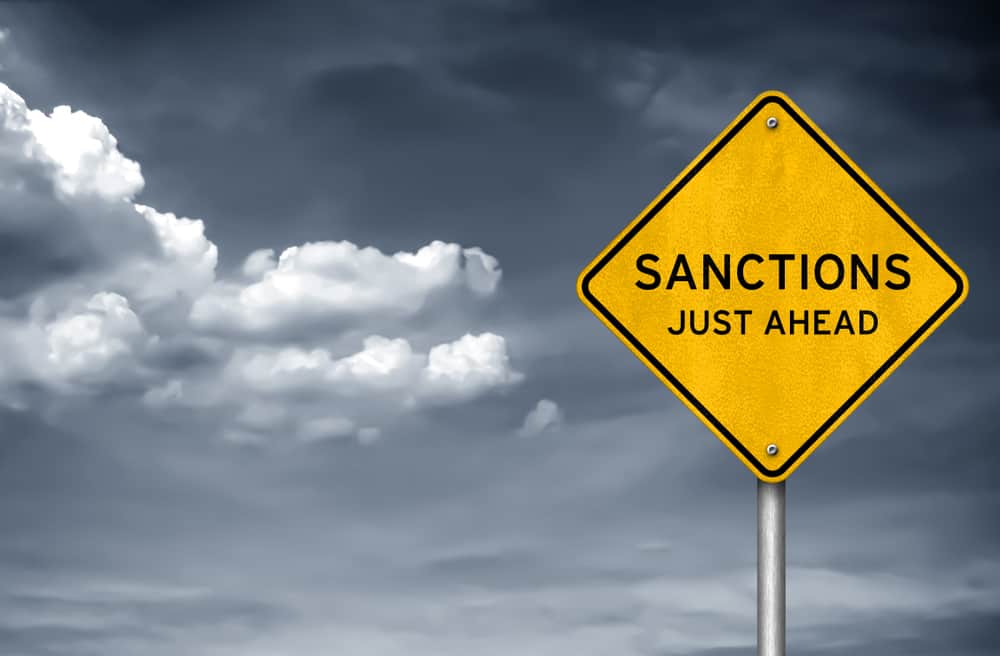While they are not well understood by the public, economic sanctions can be a powerful policy instrument with global economic implications. But because of their monetary dimension, they can be easily undermined by the actions of other governments and international financial institutions. The success of sanctions depends on several factors, but a good starting point is to understand their monetary value and how they work.
Economic sanctions are a tool in the foreign policy arsenal of the major powers. They are often used in cases where military action is unattractive or diplomatic protest too weak. Sanctions can also serve as a means to show that a country is committed to its principles.
Sanctions are most effective when they are limited in scope. They can be more powerful when they are multilateral and coordinated, as they make the target government share the burden with the imposing country. For example, a full oil embargo can be less damaging to the target state if it is imposed by a coalition of countries.
It is also important to set attainable goals for the sanctions. Sanctions that are aimed at regime change or that offer the target little recourse but what it believes would be political suicide tend to fail. For instance, the U.S. embargo against Cuba was not as successful as it could have been, despite its devastating economic impact.
The other key is to make sure that the sanctions are imposed as quickly and comprehensively as possible. By allowing the target regime time to adjust through import substitution, smuggling, and other measures, sanctions can lose their effectiveness. This was the lesson learned by Great Britain and the United Nations after Ian Smith’s unilateral declaration of independence in Rhodesia in 1965, which allowed him to use import substitution and smuggling to fend off black majority rule for a decade.
Finally, it is important for countries to think about how their own economies will be affected by the sanctions. This may seem obvious, but it is a common mistake to think that the sanctions will only have an effect on the target state. The issuing countries will feel the impact as well, through higher commodity prices and transaction costs and through supply bottlenecks and trade losses. In a global economy, these impacts will spread more broadly and be harder to contain. This increases the latent power of sanctions, but it can still be blunted by other governments and international institutions that support the target state. This makes it all the more important to develop and lead multilateral sanctions, which are most effective when they have a clear mandate. If the goal is to limit the use of weapons of mass destruction, the G-7 is the best forum for such efforts. The same is true for sanctions against rogue states that sponsor terrorist activities or violate human rights. These should be led by the permanent members of the Security Council.

